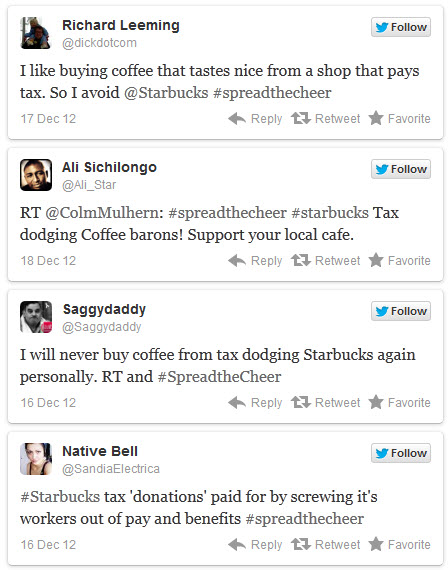
According to the Pew Internet Study, the number of Facebook users in the US over 65 has reached 35% while in 2013, 43% of Americans of 65 years or older were using at least one social networking site like Istagram, Pinterest, Twitter or Tumblr, compared to 26% in 2010 or a mere 1% in 2008.
On Twitter, the 55-64 year age bracket has grown by 79% since year-end 2012, being its fastest growing demographic, while the corresponding numbers for Facebook and Google+ for the 45-54 year age group have leaped over 46 and 56%, respectively.
So why are there still businesses that insist to ignore those fast growing demographics? And why do they fail to target them when they know that these are actually the ones that have money to spend on their products?
Social media is not that complicated!
Here are a few more reasons which might convince you that using social media for business might actually not be such a bad idea:
Brand and Positioning
Strong online presence can only make your product stronger! By knowing your customer base, you’ll definitely be able to build a loyal following base on social media networks. And by doing this, you can only grow bigger and bigger day by day, strengthening your online and offline market presence.
Brand and WOM
Use word of mouth to pave your way into the digital world. When you know your product, you also know your marketing; and when you do your marketing right, people will be happy to talk about it on social media. Getting and monitoring feedback is key; it can actually help you improve your product and the way you do business.
Be Brave, Communicate!
Open communication on social media can be an invaluable business tool, if used correctly! Just think of the amount of information exchanged publicly between you and your current or potential customers! If your communication is genuine, you should only expect the same from your audience.

Dummy Run
You don’t have to be an expert to check upon your metrics or website analytics; don’t be afraid to start using Facebook Insights, which can help you measure your Facebook marketing and engagement efforts, or Google Analytics, which can give you significant information on your site traffic and where that comes from. See for yourself what is driving your ‘Likes’, check which status updates worked and which didn’t, and how your followers responded to that important update!
Bespoke Content
When you own a small local business, or your product ‘works only’ on a specific area, wouldn’t you prefer to be able to offer your services only to those that might actually be interested in or be able to use them? Twitter and Facebook provide the option to localise content and geotarget your posts – why offering an active ‘walk-in’ promotion to your followers outside your area? Just keep it local and relevant, and it will work!
Managing social media for your business definitely requires an integrated approach, and calls for a significant amount of time and effort in building brand awareness through pins and boards, posts, groups, podcasts, tweets and so on. Success of your social media strategy is solely based on your unique presence and your charming and engaging manner.
What do you think? Are you willing to give social media another chance?
